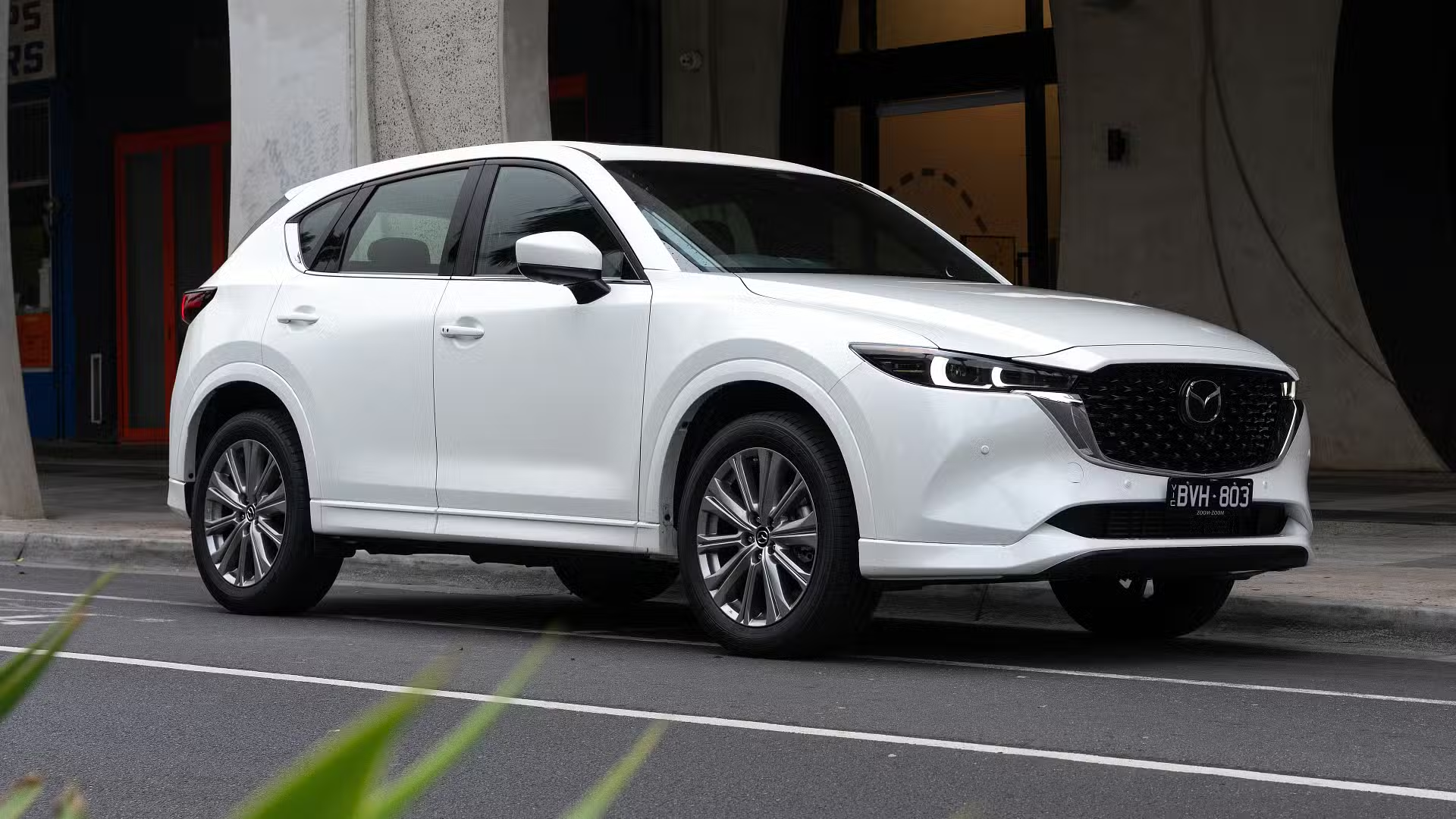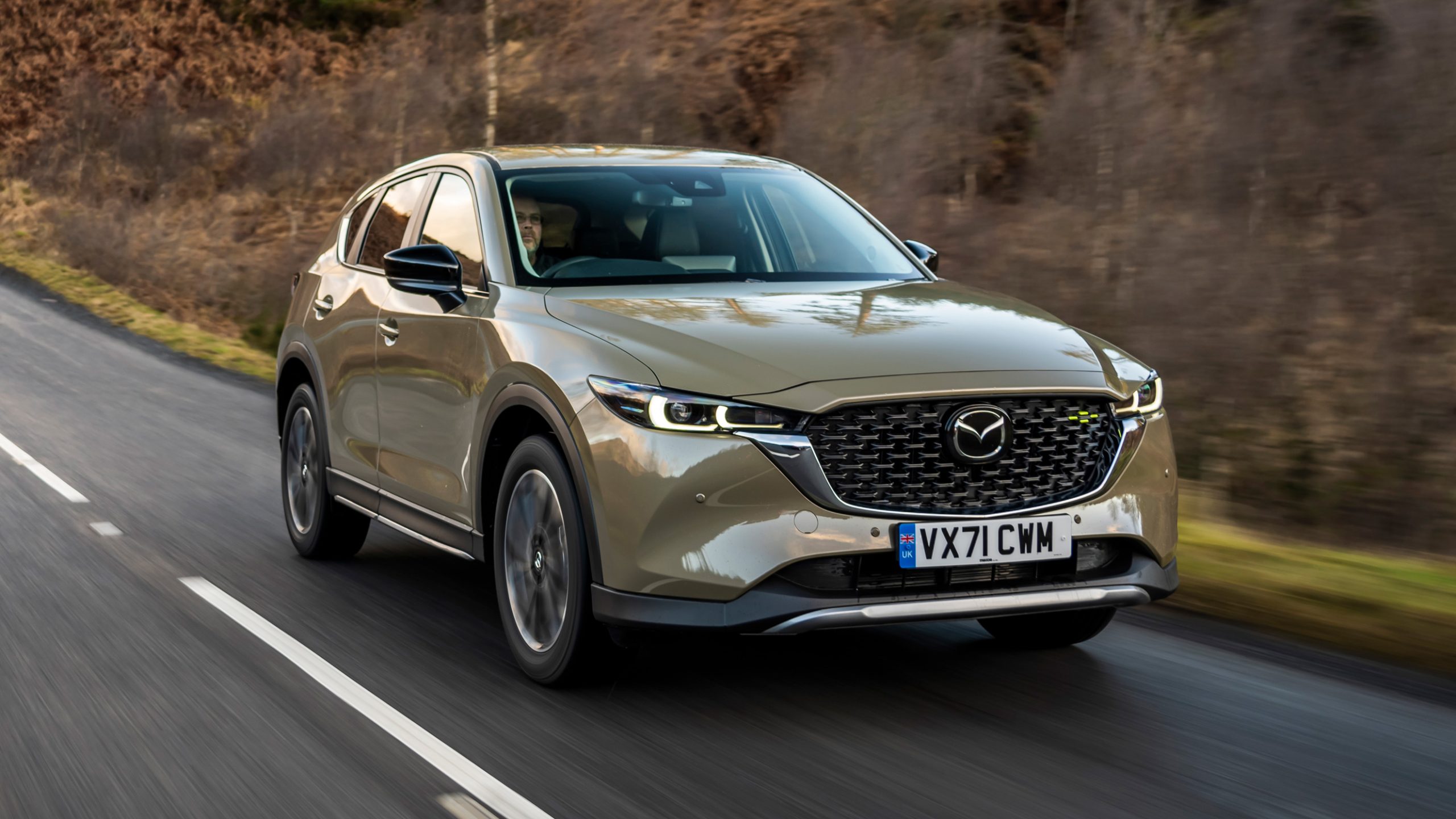The Mazda CX-5 is still a popular choice among car buyers. In the United States, dealers have sold over 100,000 units each year since 2015. This trend continued even after missing the mark slightly in 2014, with sales consistently surpassing 145,000 units annually since 2018. Despite the anticipation that the CX-5 might fade away once Mazda’s new CX-50 model arrived, Mazda has different plans in mind.
In the first quarter financial results for 2024, Mazda outlined its intentions to equip the next CX-5 with a hybrid engine. This decision is part of Mazda’s broader strategy to electrify its lineup. While Mazda already offers plug-in hybrid electric vehicles (PHEVs) like the CX-90 and CX-70, the CX-5 hybrid will not be a plug-in model.
Instead, it will feature a hybrid system developed in-house by Mazda. This approach aims to maintain technological consistency across Mazda’s lineup and keep pricing competitive.

The CX-5 hybrid will be based on Mazda’s SkyActiv four-cylinder engine. According to CEO Masahiro Moro, the design will be original, with enhancements made to the internal combustion component of the engine. Mazda’s SkyActiv engine comes in various displacements, but the CX-5 typically uses the 2.5-liter version.
It’s expected that the new hybrid will retain this displacement. While specific details about the hybrid’s performance are not yet available, it’s anticipated to offer a balance between power and fuel efficiency, potentially surpassing the gas-only CX-5’s fuel economy ratings.
Comparatively, other hybrid SUVs like the Toyota RAV4 Hybrid and Honda CR-V Hybrid offer impressive fuel efficiency figures at a slightly higher price point. The RAV4 Hybrid starts at around $33,000 and boasts impressive fuel economy ratings of 41 city and 38 highway mpg, while the CR-V Hybrid starts at just over $35,000 and offers 43 mpg city and 36 mpg highway.
Mazda is expected to reveal the CX-5 hybrid later this year or early next year. Mazda’s financial results indicate plans for a new all-electric Mazda model on a dedicated platform in 2027.

